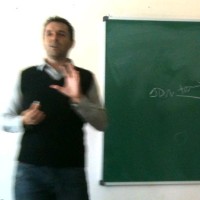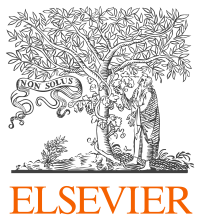
Would you consider a donation to support Weekend Reads, and our daily work?
The week at Retraction Watch featured:
- ‘Nonsensical content’: Springer Nature journal breaks up with a paper on a love story
- Publisher parts ways with editor of five journals who published his own studies on Islamic practices
- A publisher makes an error in a publication about errors
- The Singapore Sting: Why an activist published a fake paper on ‘LGBTQ+ child acceptance’
- Exclusive: Paper-mill articles buoyed Spanish dean’s research output
- Gift authorship common in psychology, survey suggests
Our list of retracted or withdrawn COVID-19 papers is up to nearly 400. There are more than 46,000 retractions in The Retraction Watch Database — which is now part of Crossref. The Retraction Watch Hijacked Journal Checker now contains well over 200 titles. And have you seen our leaderboard of authors with the most retractions lately — or our list of top 10 most highly cited retracted papers? Or The Retraction Watch Mass Resignations List?
Here’s what was happening elsewhere (some of these items may be paywalled, metered access, or require free registration to read):
Continue reading Weekend reads: Paper mills bribe editors; Dana-Farber researchers to retract paper; ‘The Next Battle in Higher Ed’






